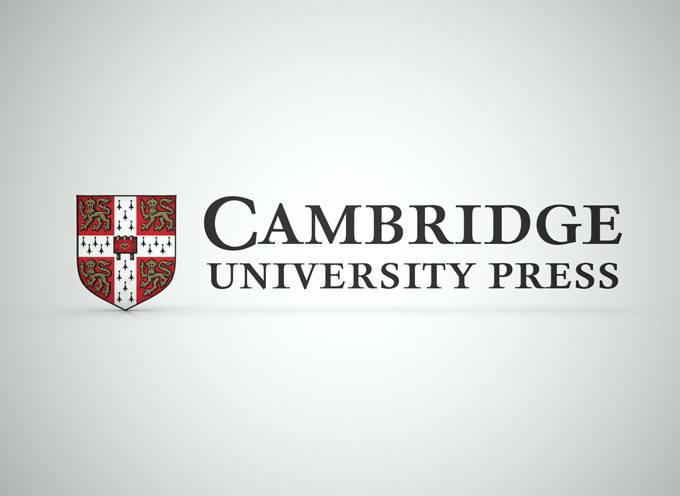
Rapid growth in the sales of digital products helped Cambridge University Press to a strong financial performance in the last year.
The Press’s newly published annual report for 2017-18 shows reported operating profits rose 25 per cent to £17 million. This was despite the adverse effect of a strengthening pound, which increased in value against many currencies over the course of the year. Constant currency revenues were up by four per cent at £316 million.
Chief Executive, Peter Phillips, said: “As part of the University of Cambridge, we exist to advance knowledge, learning and research. Our strong financial performance gives us greater resources and flexibility to invest in the people and technologies that enable us to fulfil our purpose in a fast-evolving world.
“This year sales of purely digital products, along with those that blend digital with print textbooks, continued to grow rapidly. Our fastest growth is in blended products, which allow huge flexibility for teachers, and physical sales also remain robust. By the end of the financial year digital sales accounted for close to 40 per cent of total sales, up from 15 per cent five years ago. The digital and physical worlds are closely linked, and our aim is to provide whatever combination best meets the needs of our customers – be they researchers, librarians, teachers or students.”
Deeper partnerships with other parts of the University of Cambridge and streamlined ways of working continued to play a central role in the Press’s success across all three of its publishing groups: Academic, English Language Teaching and Education.
· Academic had a strong year for book sales worldwide, particularly in the North American market. The good results came in the face of continuing change across the industry, as academic publishers grapple with the effects of squeezed library budgets, price sensitivity in the higher education textbook market, and threats to copyright posed by the illegal sharing of academic papers online.
· Cambridge English Language Teaching also enjoyed a year of strong growth, with double-digit expansion in both primary and secondary schools, where general courses and exam preparation material both performed well. There were particularly impressive results in Turkey, India, Mexico and Italy. There was also strong growth in Cambridge Exams Publishing, which is a joint unit with Cambridge Assessment English. Its success is an excellent example of how sharing knowledge and capabilities across the University creates products that help customers perform to their maximum potential.
· Following several years of exceptional growth, the Education group saw a year of consolidation, with the Education Reform business coming to the successful conclusion of two substantial contracts. The Education publishing business enjoyed another year of good growth, notably across India and Pakistan.
To support its ever-larger range of digital customers, the Press continued to invest in its digital platforms. This included the relaunch of Author Hub, which now offers guides on the publishing process, detailed sales and royalty information and author benefits across all three publishing groups.
Cambridge Core, which brings together online the Press’s academic books and journals, followed its successful launch last year with a 10 per cent rise in user registrations and content usage growing 19 per cent in the last six months of 2017–18, compared to the same period the year before. In November, the Press added Core Share to support its open access agenda, becoming the first university press to build a sharing service on its own platform.
Peter Phillips said: “We are continuing to invest in the new skills, technological capability and sophisticated products which will enable us to support the changing needs of teachers, learners and researchers.
“Strong partnerships across the University of Cambridge and a solid financial base underpin our ability to fulfil our central purpose – to advance learning, knowledge and research worldwide – and to meet the changing needs of teachers, students and researchers with outstanding products.”



























